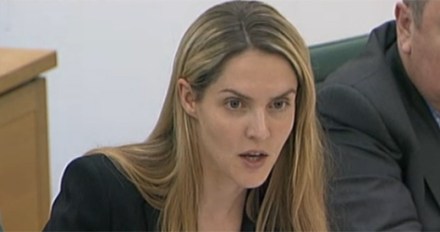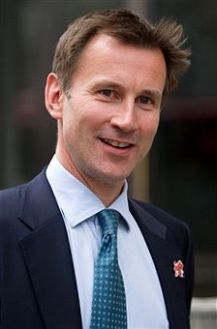Which department could be replaced with a mathematical equation?
I answer the question in an article for the Times (£) today, in response to Francis Maude’s announcement yesterday. But for those CoffeeHousers who can’t vault the paywall, here’s the relevant passage: “I have been told of an internal report that makes the argument sublimely well. Before last year’s spending review, the Treasury asked a group of outside experts whether plans for a 40 per cent headcount reduction at the Department for Communities and Local Government were too ambitious. Their response? It wasn’t nearly ambitious enough. The staff cut ought to be at least 90 per cent. Responsibilities for fire prevention could be transferred to the Home Office; responsibilities for





















